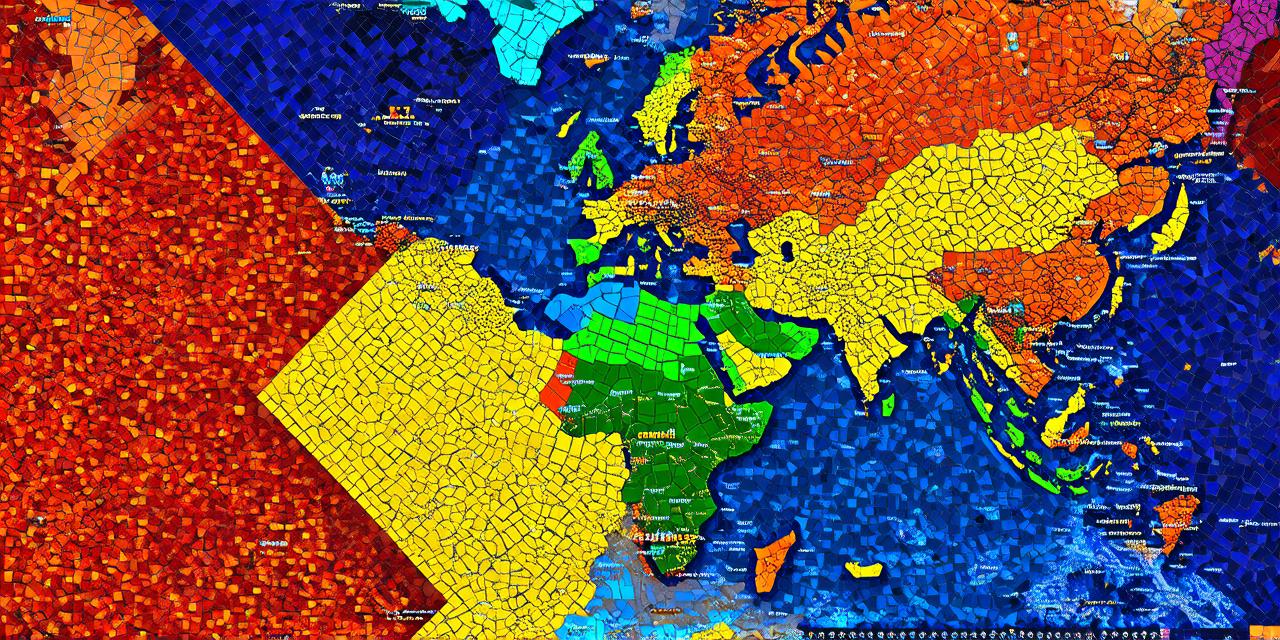1. Canada
According to a survey conducted by Game Developers Association of Canada (GDAC), over 50% of Canadian game developers have degrees in computer science or a related field. Additionally, the Canadian government has implemented several initiatives aimed at supporting the gaming industry, such as the Canadian Media Fund (CMF) and the Canadian Video Game Tax Credit (CVTC). These programs provide financial support to game development studios and help attract top talent to the country.
One of Canada’s most successful game development companies is Ubisoft, which has been based in Montreal since 1986. The company has developed some of the most popular games in the world, including Assassin’s Creed and Just Dance.
2. South Korea
South Korea has quickly emerged as one of the world’s leading gaming markets, with a thriving esports scene and a large population of avid gamers. The country’s success can be attributed to several factors, including its government’s support for the gaming industry, its strong focus on education in computer science, and its vibrant esports culture.
The South Korean government has implemented several initiatives aimed at supporting the gaming industry, such as the Korean Game Industry Promotion Act and the Esports Promotion Fund. These programs provide financial support to game development studios and help attract top talent to the country. Additionally, South Korea’s schools have a strong focus on computer science education, with many students pursuing degrees in the field.
South Korea’s esports scene is also thriving, with the country hosting several major tournaments each year, including the League of Legends World Championship and the Dota 2 International. The country’s government has even established a dedicated esports team to compete on the international stage.
3. Japan
Japan has long been a major player in the gaming industry, with companies like Nintendo and Sega calling the country home. Japan’s success can be attributed to several factors, including its strong focus on innovation, its large population of avid gamers, and its supportive government policies.
Japan is known for its unique approach to game design, with a focus on storytelling and world-building. This approach has been particularly successful in the country’s RPG games, such as Final Fantasy and Dragon Quest. Japan’s large population of avid gamers also contributes to the country’s success, with many popular games released exclusively in the Japanese market.
The Japanese government has implemented several initiatives aimed at supporting the gaming industry, such as the Game Localization Support Program and the Japan Media Arts Festival. These programs provide financial support to game development studios and help attract top talent to the country.
4. United States
The United States has been a major player in the gaming industry for decades, with companies like EA, Activision, and Sony calling the country home. The US’s success can be attributed to several factors, including its large population of avid gamers, its strong focus on innovation, and its supportive government policies.
The United States has a thriving esports scene, with major tournaments such as the League of Legends World Championship and the Dota 2 International being held in the country every year. The US also has a large population of avid gamers, with many popular games released exclusively in the North American market.
The US government has implemented several initiatives aimed at supporting the gaming industry, such as the Investment Tax Credit (ITC) and the Research and Development (R&D) Tax Credit. These programs provide financial support to game development studios and help attract top talent to the country.
